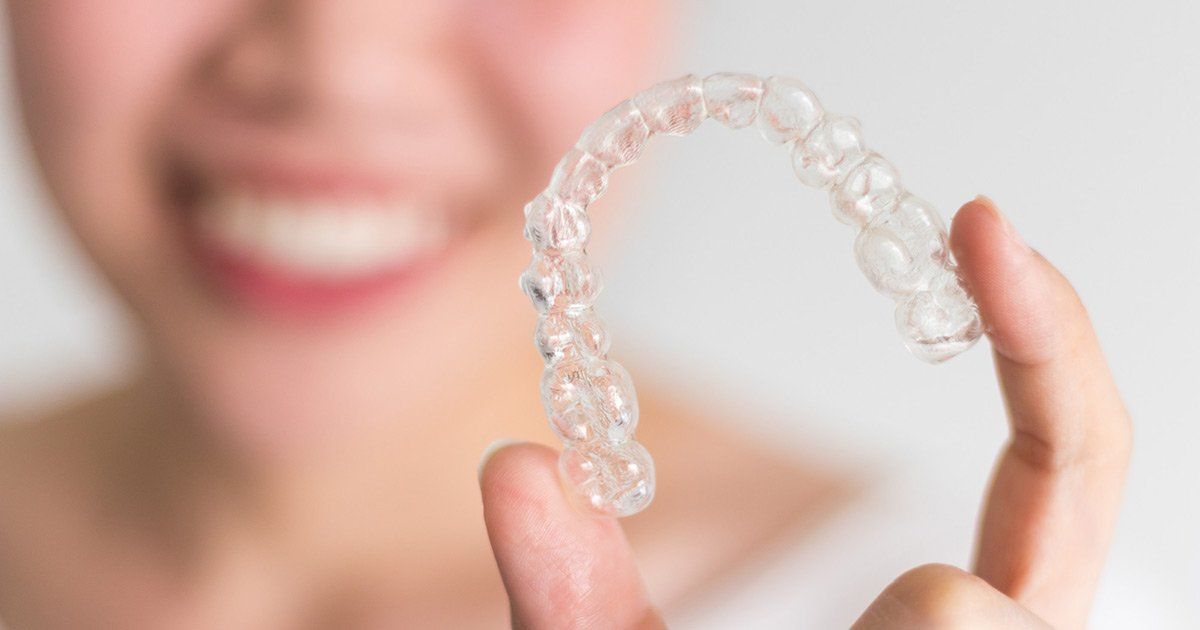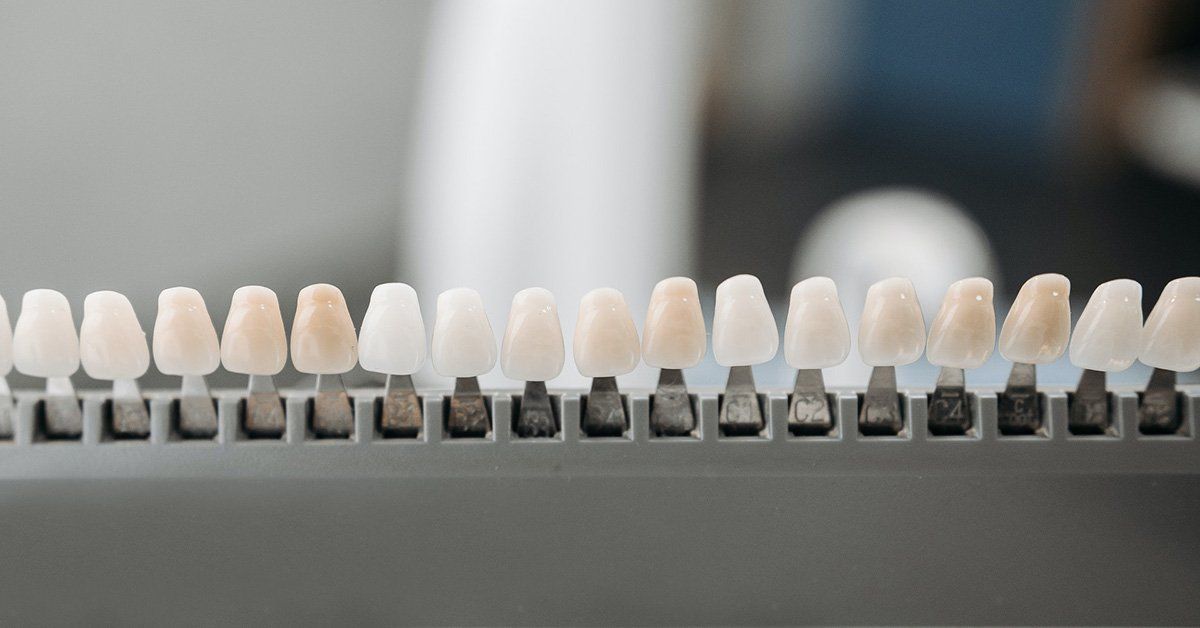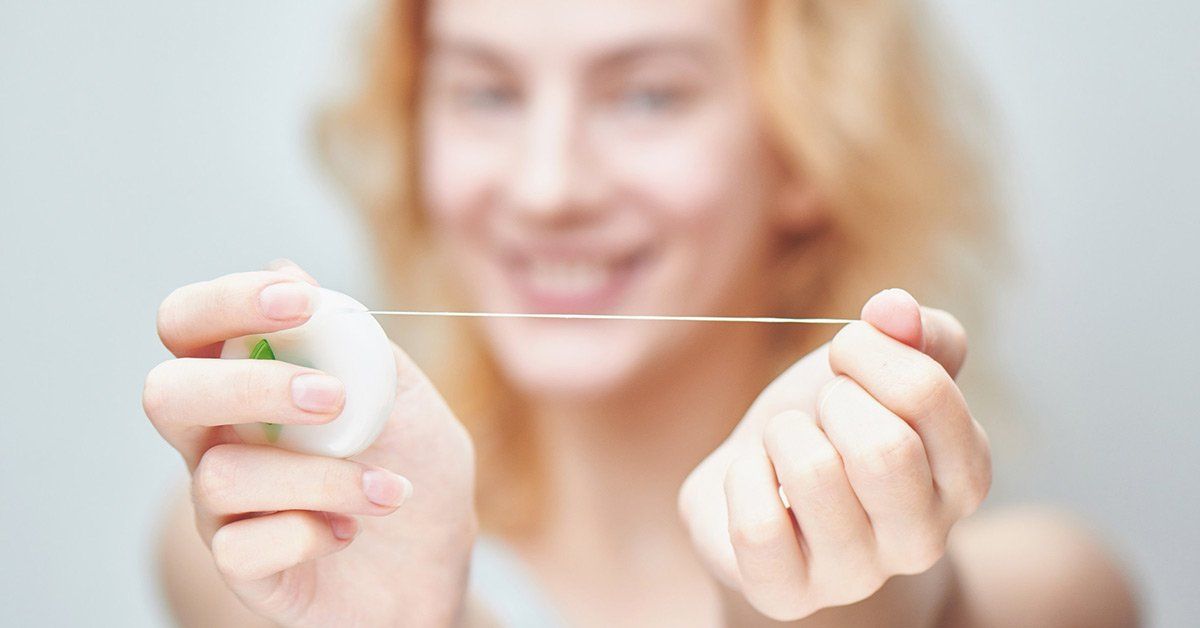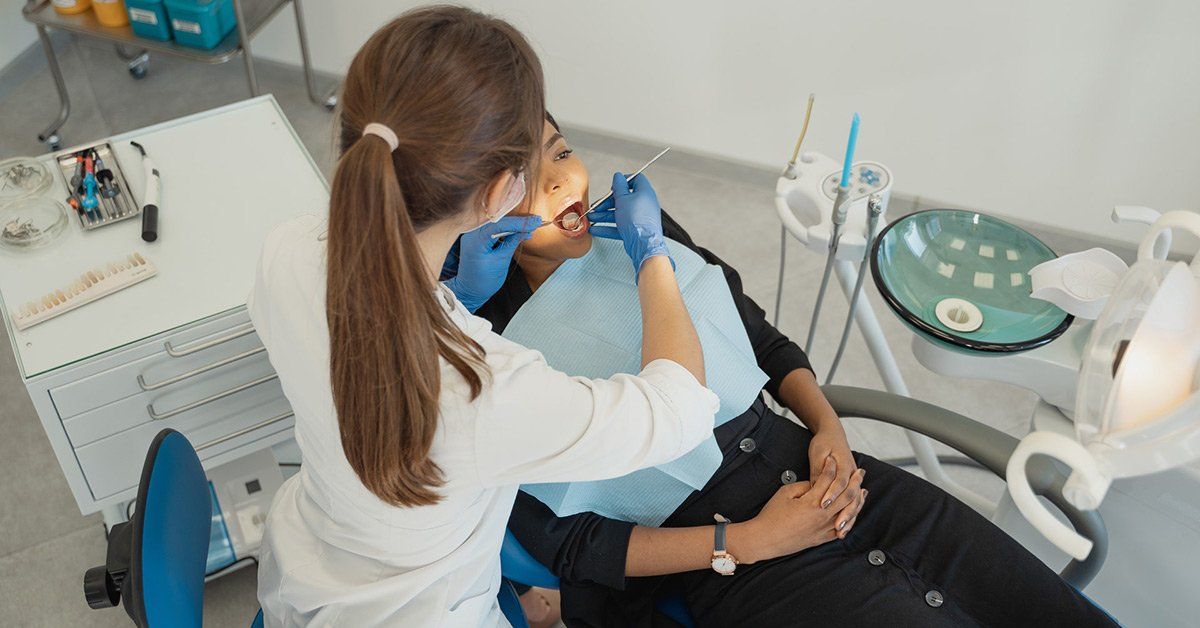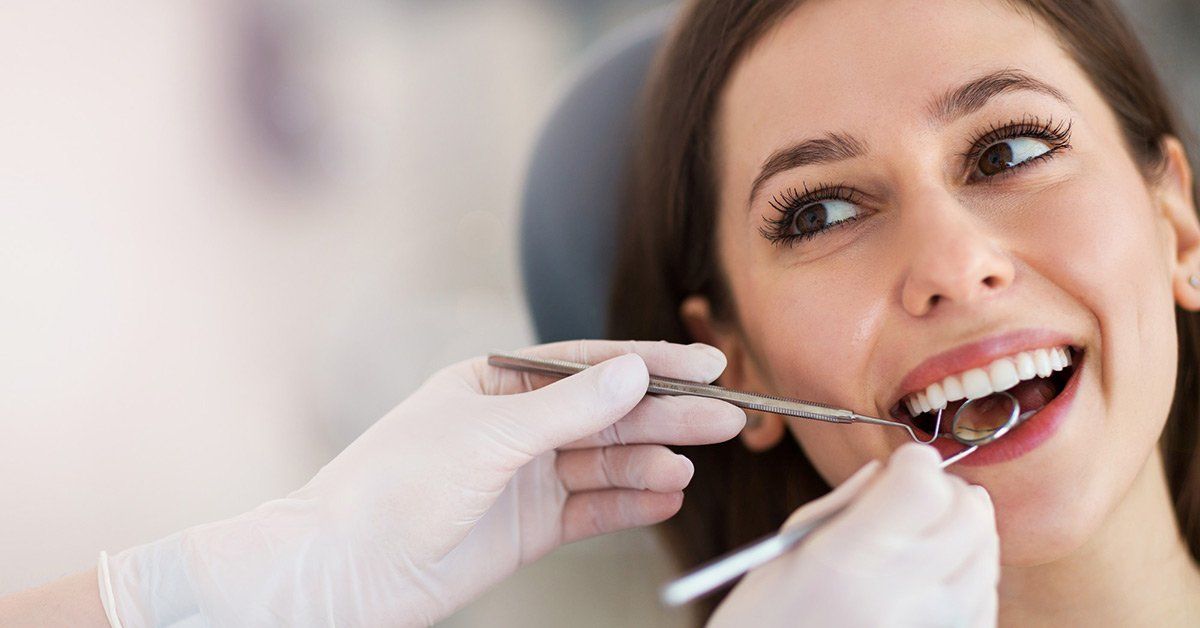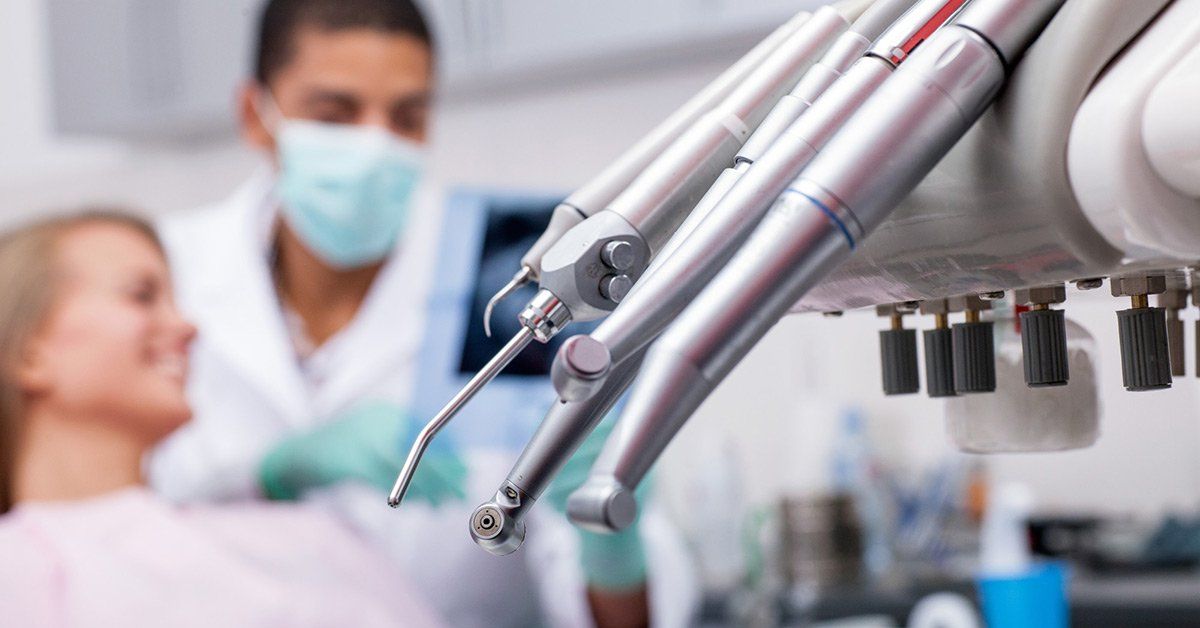Dental Mouthguards: A Complete Guide
Dental mouthguards are an essential piece of equipment for athletes who participate in contact sports. They help protect your teeth from injury. Read on.
Did you know that around 3.5 billion people worldwide suffer from some sort of dental issue? Some people are more prone to developing dental problems than others. For example, those who are involved in sports are much more likely to chip their teeth or have their teeth knocked out compared to people who are not involved in sports.
For that reason, dental mouthguards exist. If you are quite active and often put your dental health in danger, your dentist in Salem, MA, (and any other dentist for that matter) will recommend that you wear a mouthguard to protect your teeth. But what is a mouthguard exactly and how effective is it?
Keep reading and learn more about what a dental mouthguard can do for you and your dental health.
What Is a Dental Mouthguard Exactly?
Both regular and custom dental mouthguards are designed to cover and protect your teeth from trauma. You will often see athletes wearing them whether they play soccer, football, or fight in a boxing ring. Over-the-counter mouthguards are available in many locations but you may not like the feel of them because they are not specifically fitted to your mouth.
More than that, the mouthguard's dental protection will not be ideal if it doesn't fit you properly. OTC mouthguards are usually best for those who are not in very great danger of damaging their teeth. For example, if you grind your teeth while you're sleeping, you could benefit from an OTC mouthguard, also known as a nightguard, to protect your teeth.
On the other hand, if you are often involved in sports or are otherwise involved in a very active lifestyle, a custom mouthguard may be the better choice. A custom mouthguard, as the name suggests, is made to fit your particular set of teeth. For that reason, it will fit your teeth perfectly and it will do a much better job of protecting your teeth.
What You Need to Know
There are also different types of mouthguards. For example, mouthguards that protect your teeth from trauma are different than those that protect your teeth from bruxism, also known as teeth grinding. However, both of these mouthguards are important for preventing damage to your teeth.
Getting a custom mouthguard from your dentist is quite simple. Your dentist will decide on a mouthguard dental code which will help decide what kind of mouthguard you need. To start, your dentist will take an impression of your teeth.
Even though custom mouthguards cost more, the fact that they are designed to protect your teeth alone and no one else's will make them much more effective than OTC mouthguards. After some time, the dentist will get a mouthguard from the impressions.
When you try on the mouthguard for the first time, it is important that it feels comfortable in your mouth. If it doesn't fit right, it won't be able to protect your teeth as well and it will be uncomfortable. If the mouthguard doesn't fit, your dentist will need to make some adjustments until the mouthguard fits perfectly.
How to Take Care of Your Mouthguard
Just because a mouthguard protects your teeth doesn't mean that the mouthguard is invincible. In order to ensure that the mouthguard protects your teeth as much as possible, you will have to take care of it and keep it in good condition. If you don't, the mouthguard could start to deteriorate and it will no longer be very effective at protecting your teeth.
Some mouthguards are more prone to damage than others. For example, OTC mouthguards are not made of very durable materials. As a result, you may notice that these mouthguards tend to become weaker and weaker as time goes on.
On the other hand, a custom mouthguard will be much more durable and it won't sustain as much damage because of how well it fits your teeth. The main culprit of mouthguard damage has to do with bacteria. Once you put your mouthguard in your mouth, it will pick up the bacteria that live in your mouth.
If you don't wash the mouthguard after taking it out, this bacteria could start to break down the material that the mouthguard is made of. To reduce this problem, you'll want to make sure that you brush your teeth before putting the mouthguard in.
The Details
After using your mouthguard, be sure to rinse it with soap and water. You will want to avoid using hot water since high temperatures can damage the mouthguard. To dry it, let it air dry so that it stays free of bacteria.
You should not boil your mouthguard. Although boiling things can kill bacteria, boiling a mouthguard will ruin the material. If you do this, you will find that the heat will cause the mouthguard to change shape.
Of course, this is not ideal, especially not if your mouthguard is custom-made. You will also want to store your mouthguard when you're not using it. Preferably, you will want to keep it in a dark, cool place away from moisture and other objects that may be holding onto bacteria.
For example, putting your mouthguard in a plastic container is a good idea. It will keep the mouthguard in a controlled environment and it will be separated from other objects.
Everything You Need to Know About Dental Mouthguards
Dental mouthguards can be very important when it comes to protecting your teeth from trauma. Custom mouthguards are the most effective because they are made especially for your teeth. As long as you take good care of your mouthguard, it should last you a long time.
To learn more, don't hesitate to
contact Smiles of Salem.


